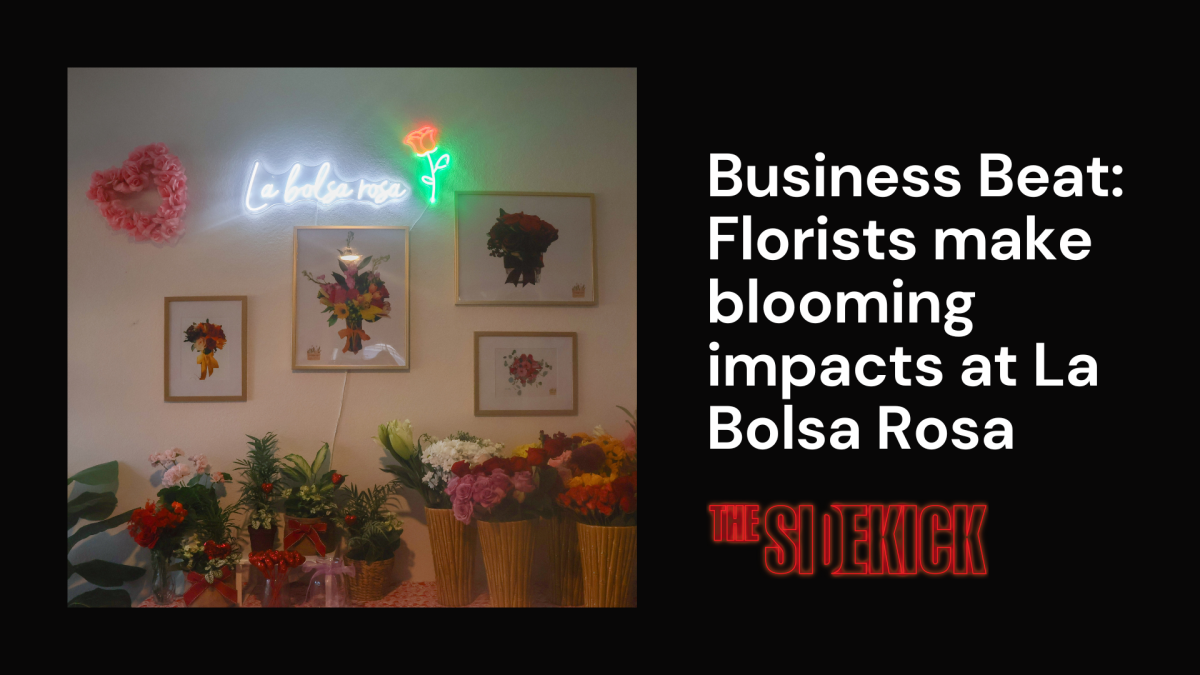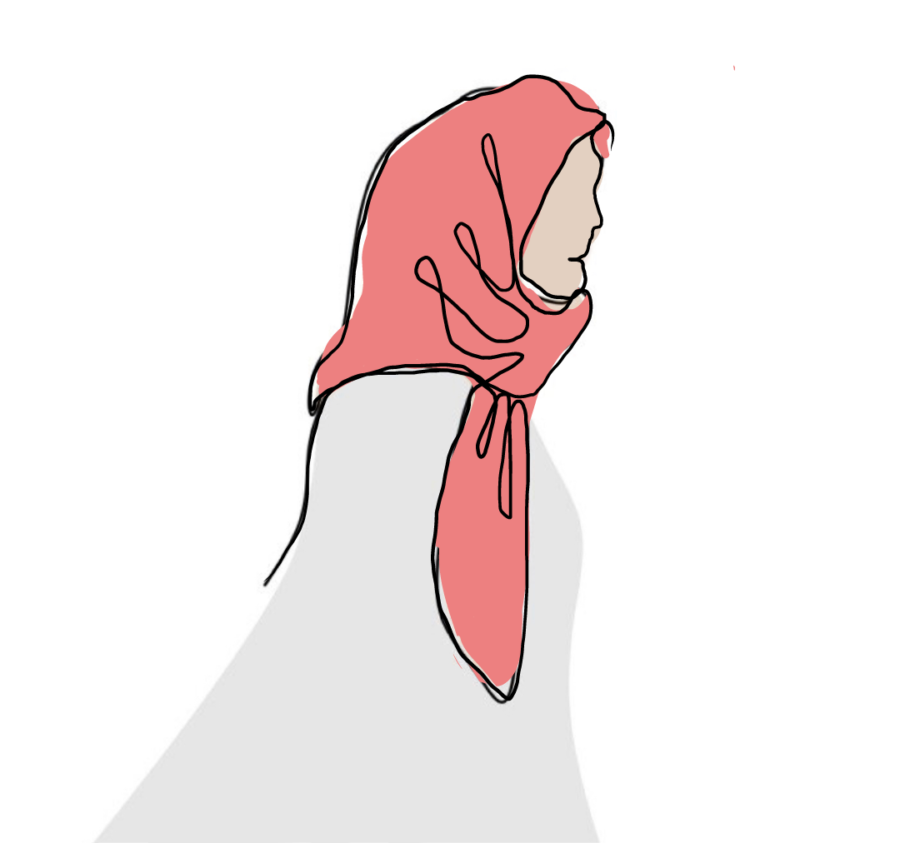The piece of cloth around a Muslim woman’s head is simply a piece of cloth, yet priceless in the eyes of the woman herself.
In Islam, the hijab is a form of modesty. However, with a predominantly Christian culture in Granite Bay, seeing a hijab in public is rare, leading to some ignorance on the religious significance of the hijab.
To Granite Bay High School senior Aliza Hussain, the hijab she wears accentuates her internal character.
Rather than being valued by her external appearance, the hijab ensures people get to know Hussain before forming an opinion about her.
“There is a personal aspect of identity and modesty that represents why I wish to wear a hijab,” Hussain said. “I want people to judge me for my character and who I am, rather than what I look like.”
Verse 24:31 of the Quran, translated by Dr. Mustafa Khattab, says for women to “draw their veils over their chests and not reveal their adornments,” specifying that female “adornments,” or female beauty, should be private and not exhibited to unrelated men.
Yet right before this verse, the Quran instructs men to “lower their gaze and guard their chastity,” as translated by Dr. Mustafa Khattab. It isn’t solely up to the woman to be modest, but it’s also up to the man.
Yasmin Rajaee Moosavy, another senior at Granite Bay High School who wears a hijab, is a friend of Hussain.
To her, wearing the hijab makes her feel empowered and in control over her own body.
“I feel most comfortable being a hijabi, (knowing) I am not being sexualized,” Rajaee Moosavy said. “It makes me feel more human and less like an object.”
According to Wiley Online Library, Muslims are the victims of a rising trend of hostility and unfriendliness, as a result of the attacks of 9/11. Because hijabis are visibly Muslim, they serve to be more of a target to aggression.
“I have heard many comments about my hijab from people telling me that I was ‘being too sensitive’ or that I should ‘take that thing off,’” Hussain said.
In 2019, the FBI’s Uniform Crime Report program documented that 13.2 percent of the 1,715 victims of anti-religious hate crimes were victims of anti-Islamic bias.
Muslim hijabi women are the most targeted out of all Muslims, and one of the most targeted in the U.S.
A study by the American Civil Liberties Union Foundation found that Muslim women who wear the hijab are more likely to be discriminated against; 29 percent of Muslim women who don’t wear the hijab have been discriminated against, and 69 percent who do wear the hijab have experienced the same effects.
In consequence, some hijabis feel ostracized within the community.
“I do feel like an outsider and foreign because I look different on the outside,” Rajaee Moosavy said.
Hussain believes her Islamic faith isn’t something she needs to conceal.
“I wear the hijab so I can constantly be reminded of my identity as a Muslim,” Hussain said.
Tala Al-Joubori is a sophomore at Granite Bay High School who observes the faith of Islam.
Though she doesn’t wear a hijab, she still experiences the repercussions of others’ ignorance.
“Around campus, I feel like the hijab itself seems to be the only connection people make with Islam,” Al-Joubori said. “It’s a bit funny when you tell others you’re Muslim, and the first thing they tell you is ‘if you’re Muslim, shouldn’t you be wearing the scarf thingy?’”
A survey made by Pew Research Center notes that only 36 percent of Muslim American women always wear the hijab out in public, disproving the popular misconception that the hijab is forced onto Muslim women.
“I do feel like there are a lot of misconceptions about the hijab,” Al-Joubori said. “People may think it is forced on the person and that it is degrading to their freedom.”
The idea that Islam obstructs the freedom of hijabis is evidently refuted by verse 2:256 of the Quran, which includes the phrase, “there shall be no compulsion in the religion,” as translated from Arabic by Saheeh International.
Although there is a common misconception that the hijab is forced upon the individual, it’s up to the individual herself to decide when and if she wants to wear one.
This story was originally published on GraniteBayToday.org on November 11, 2021.

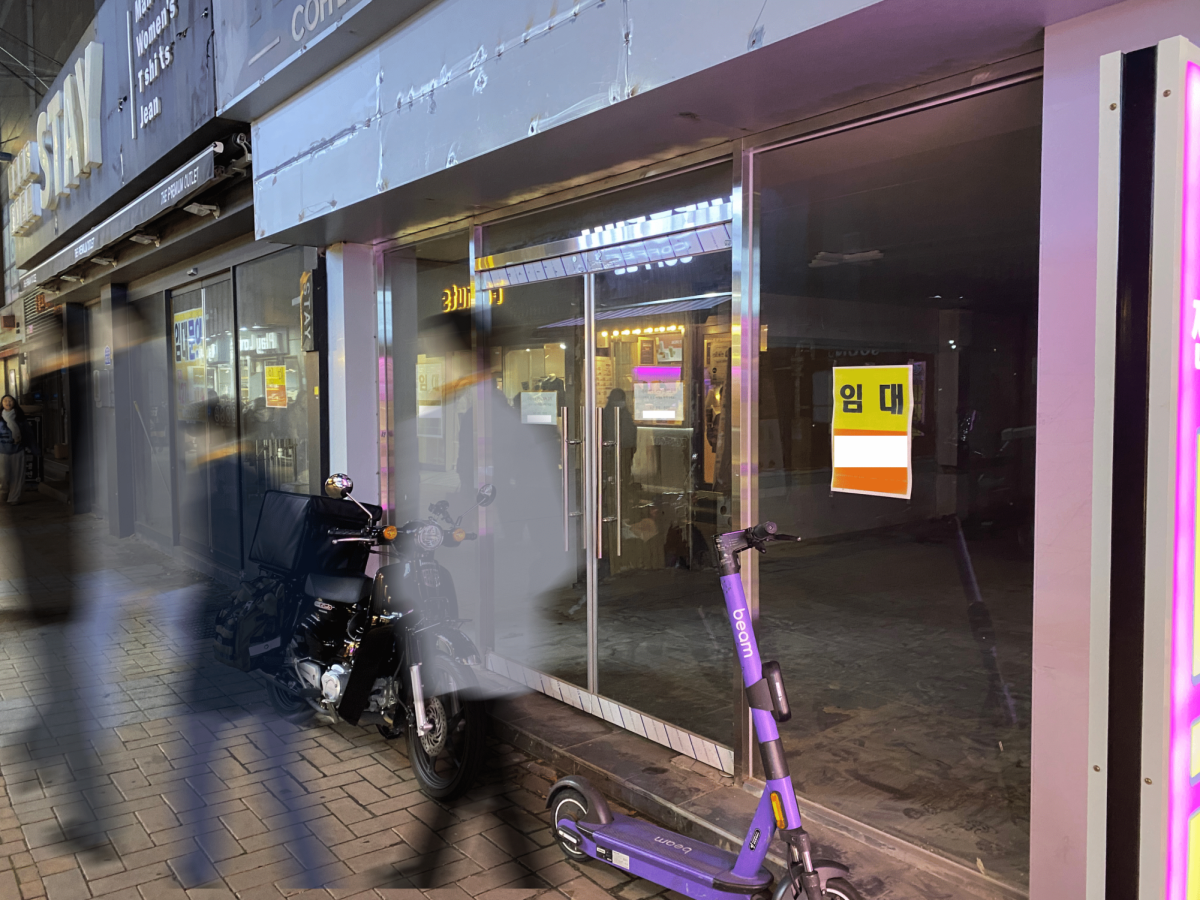
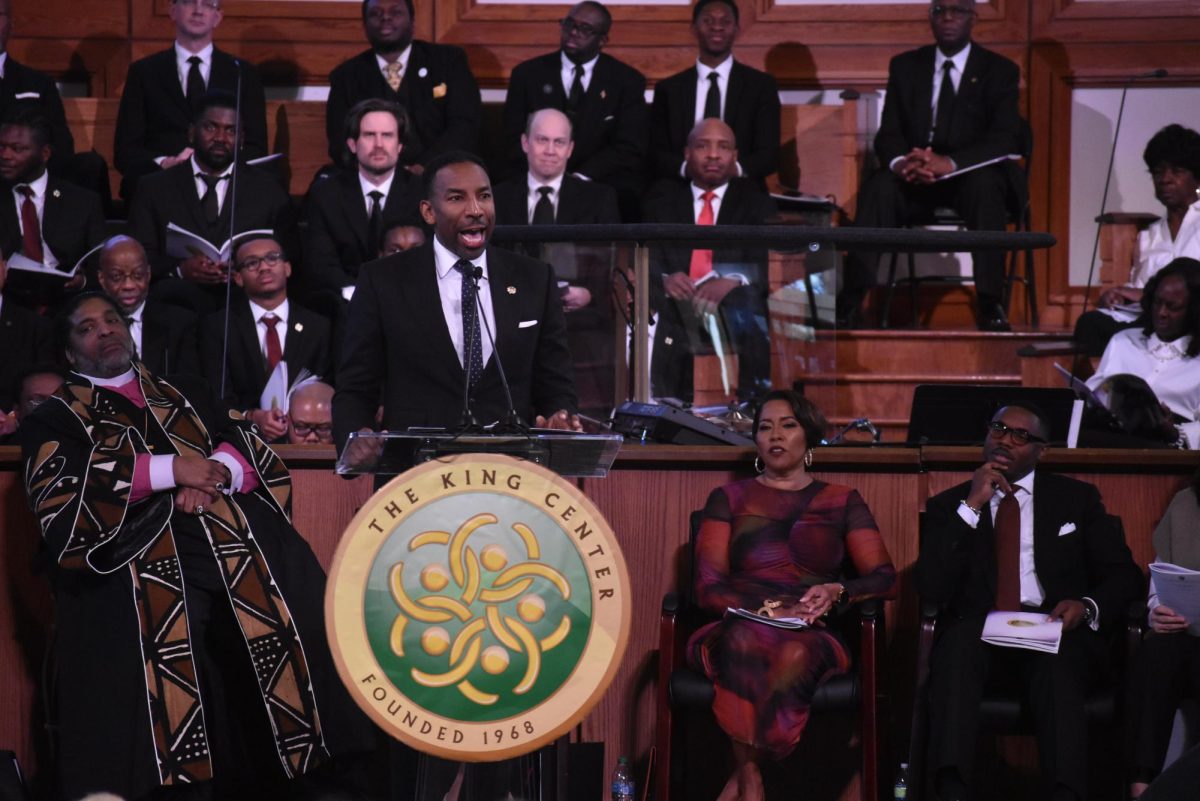







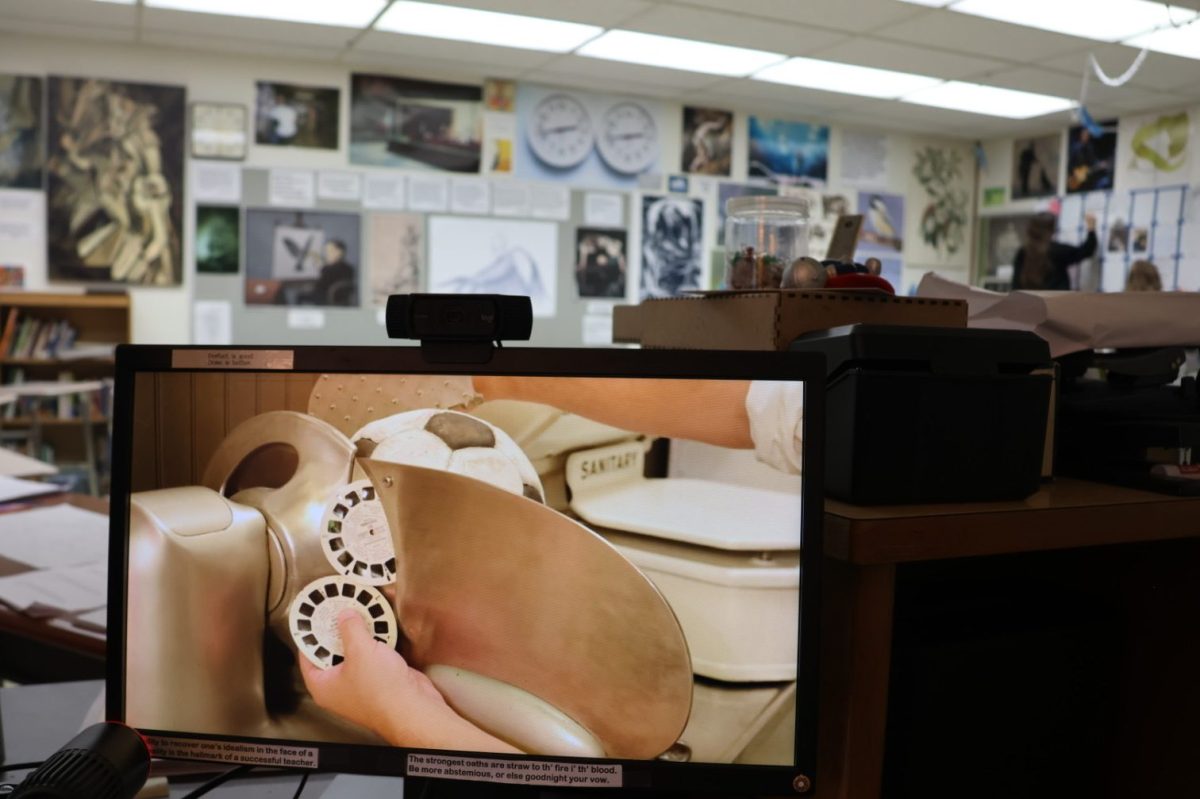


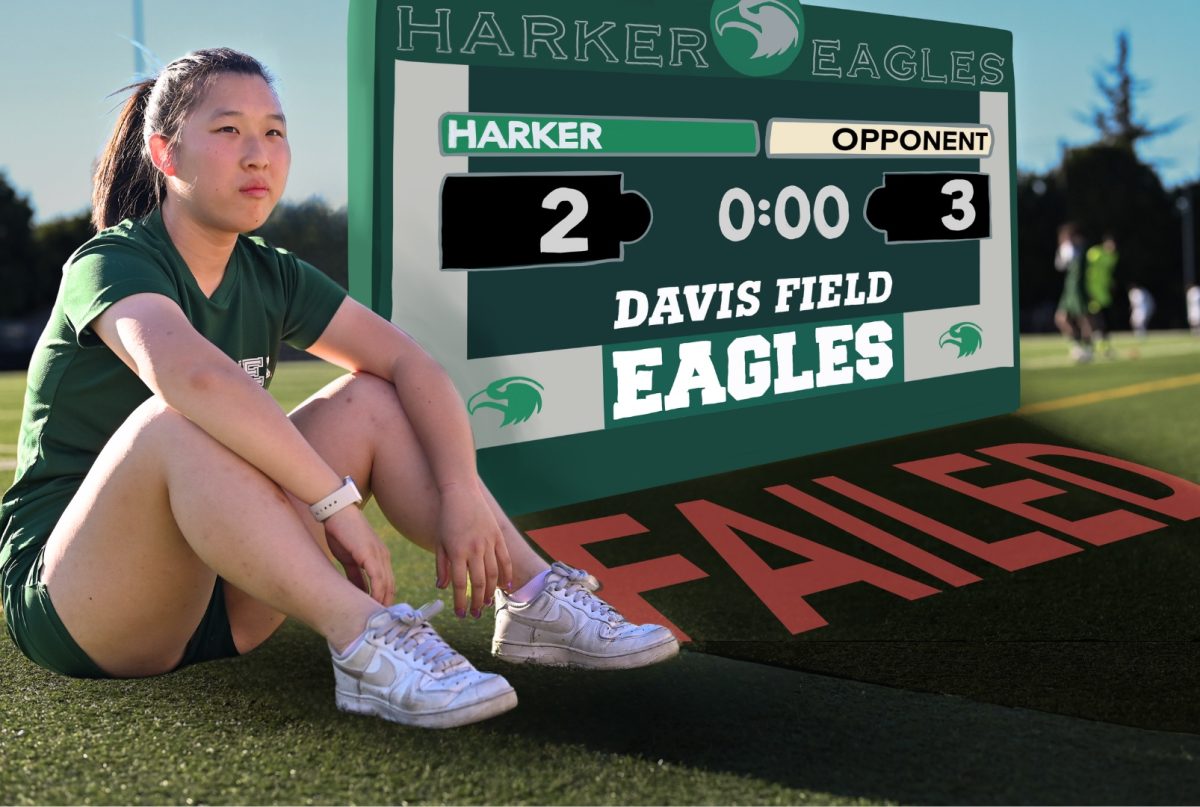



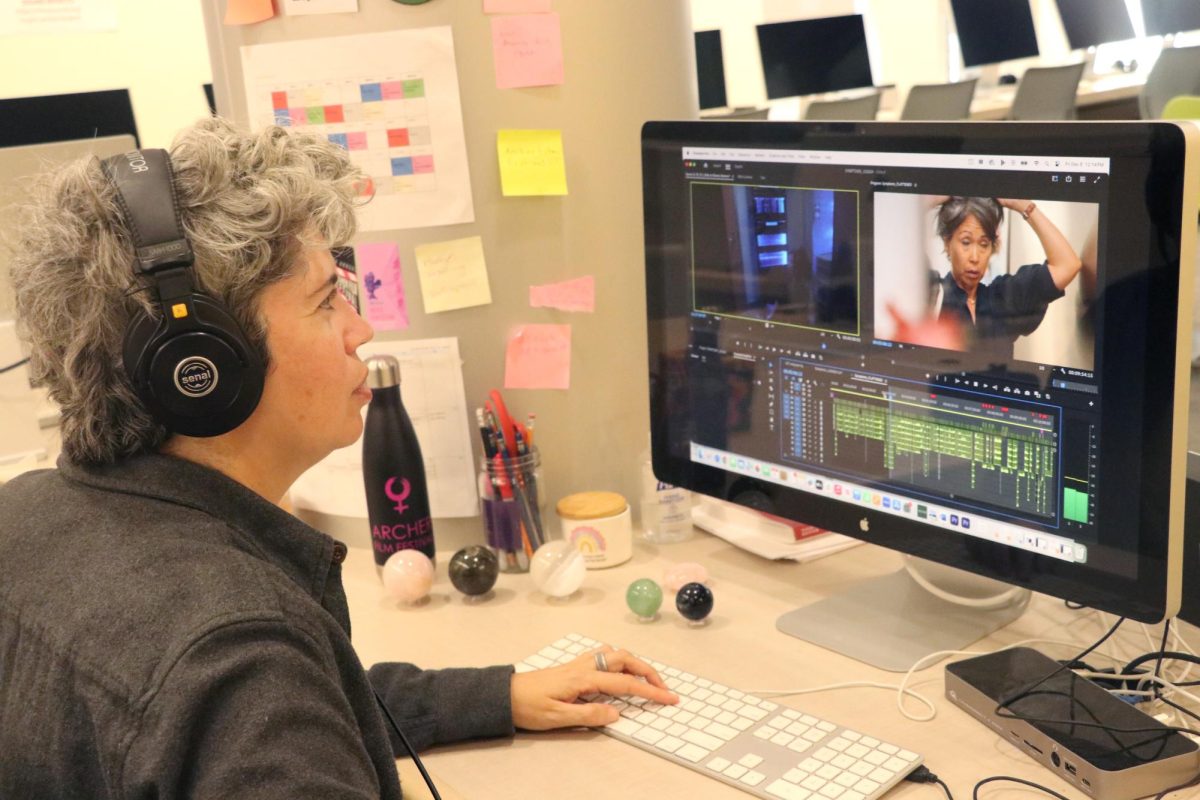
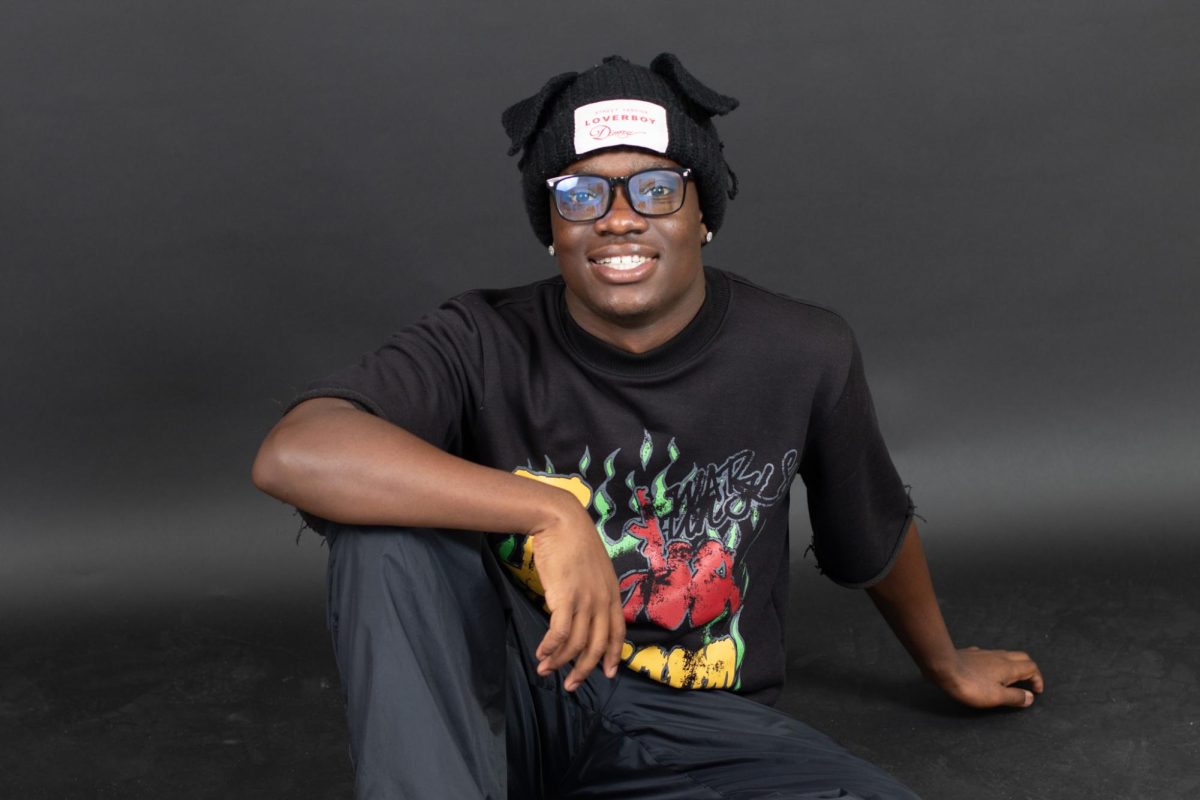
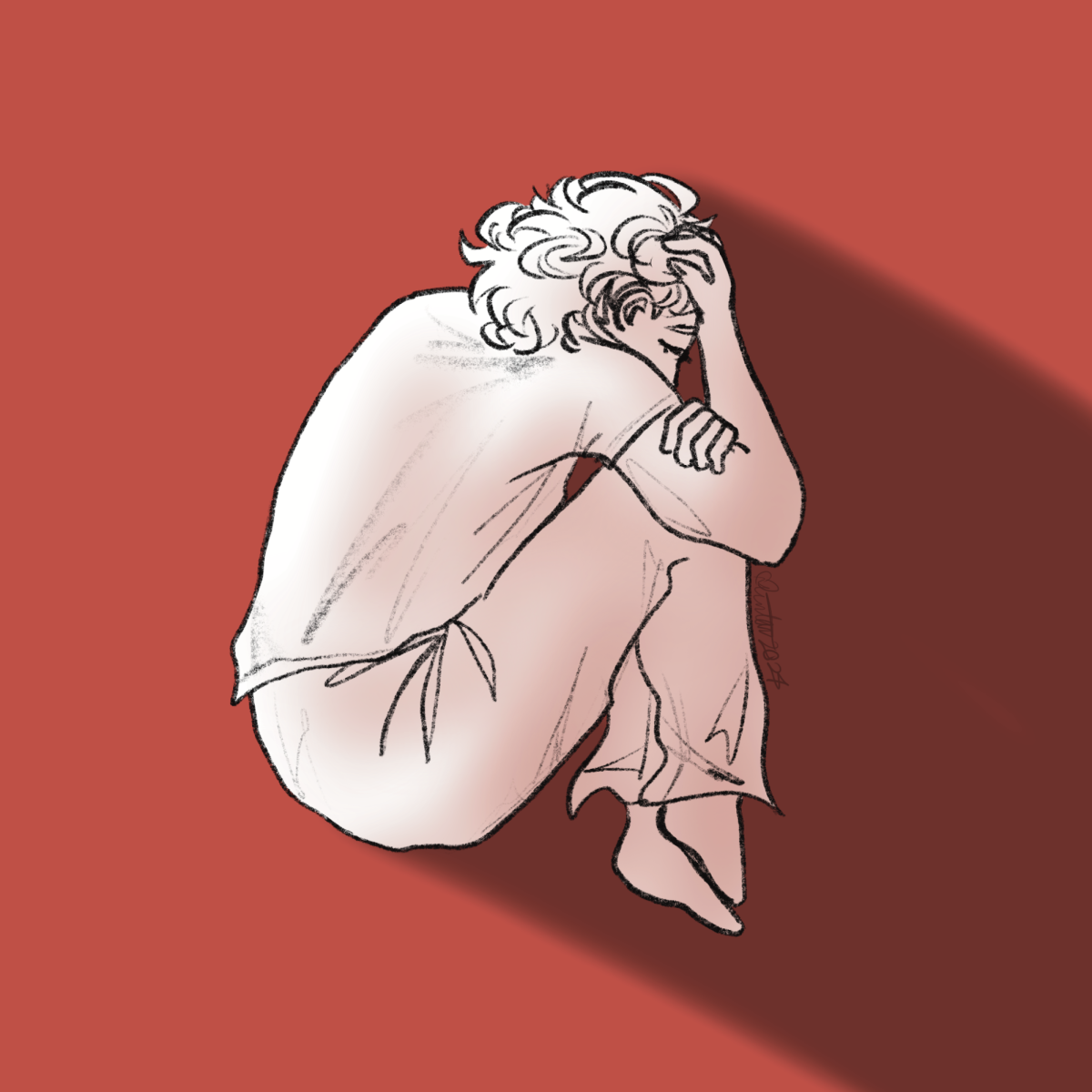


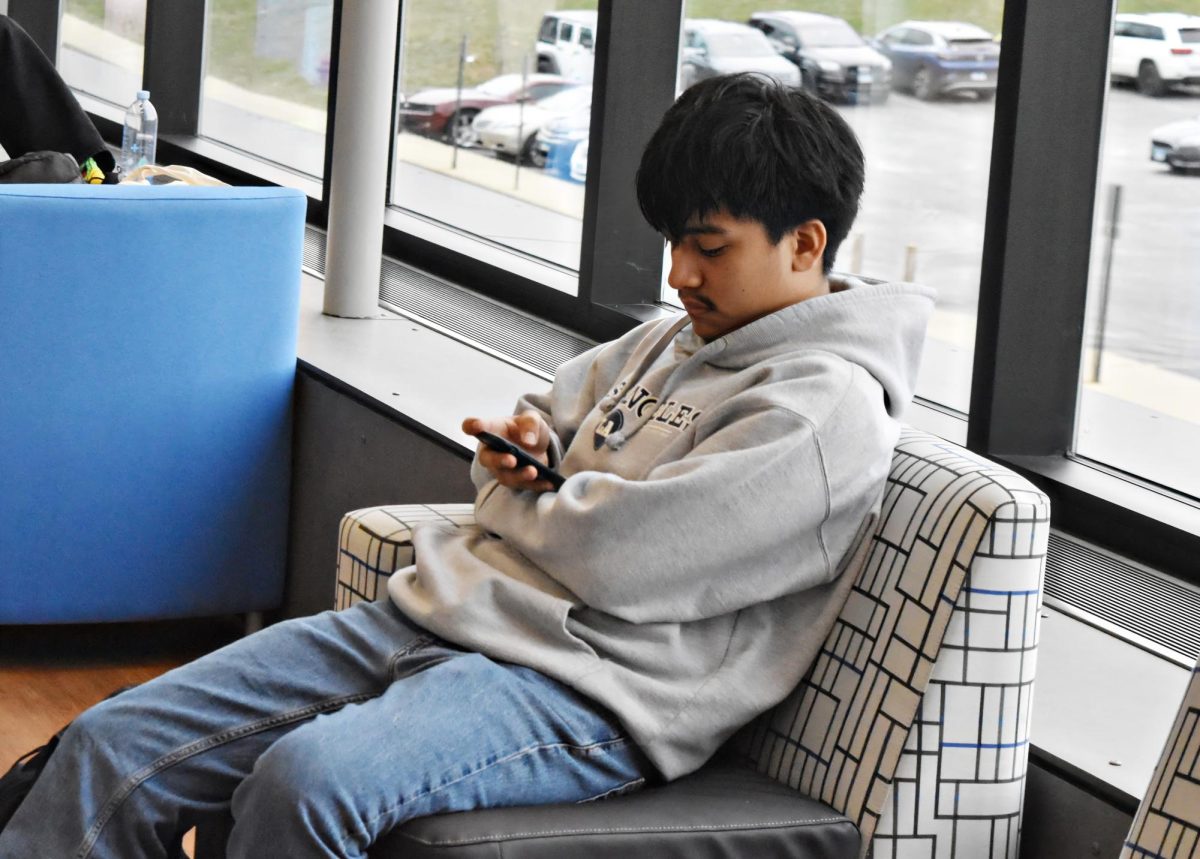
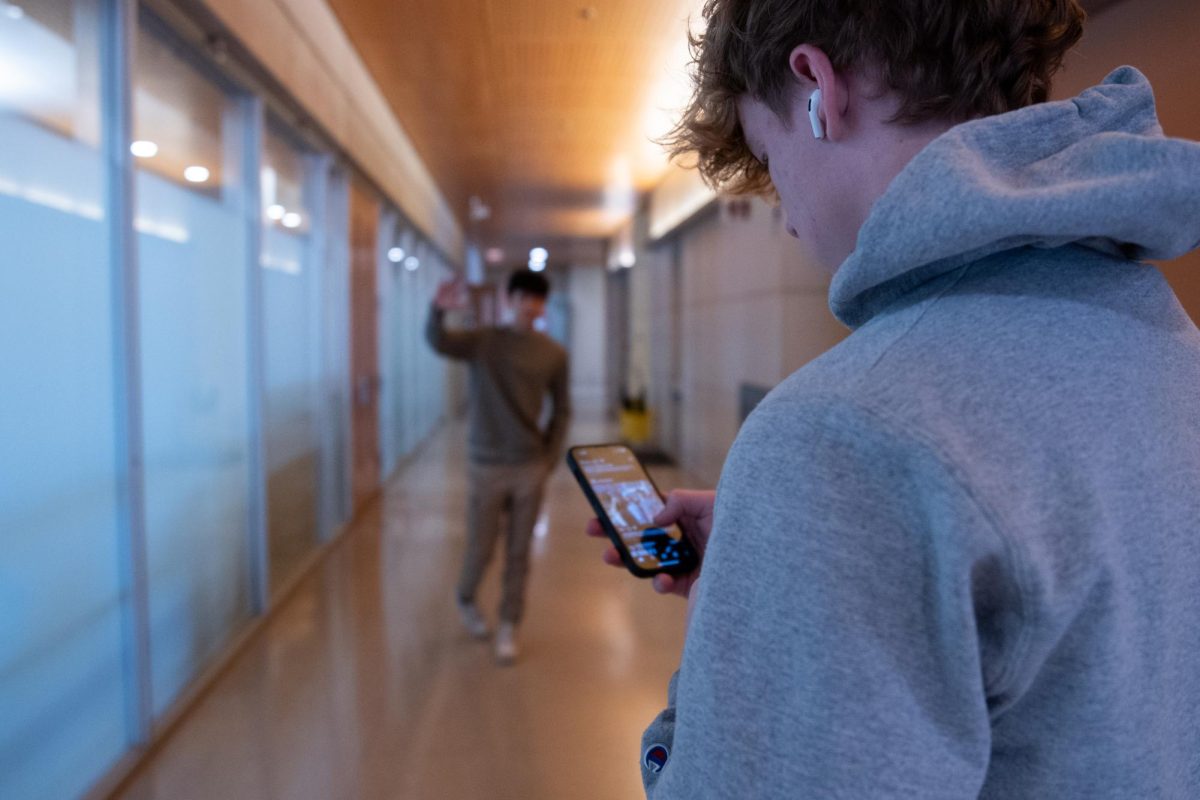
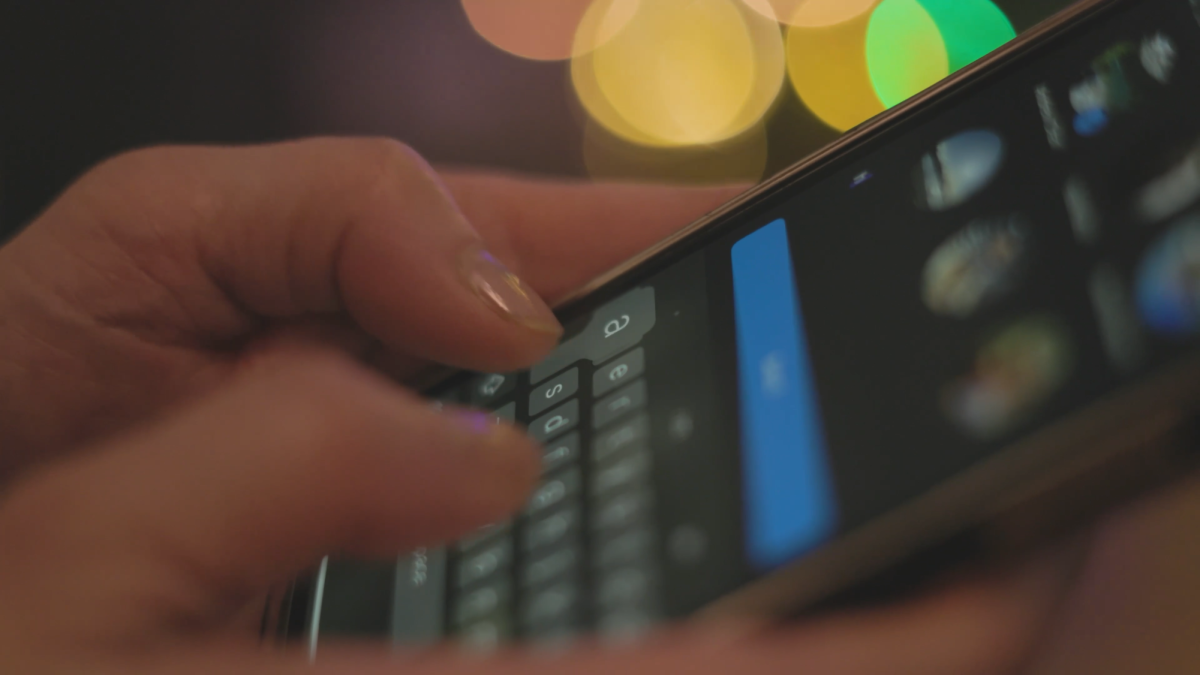

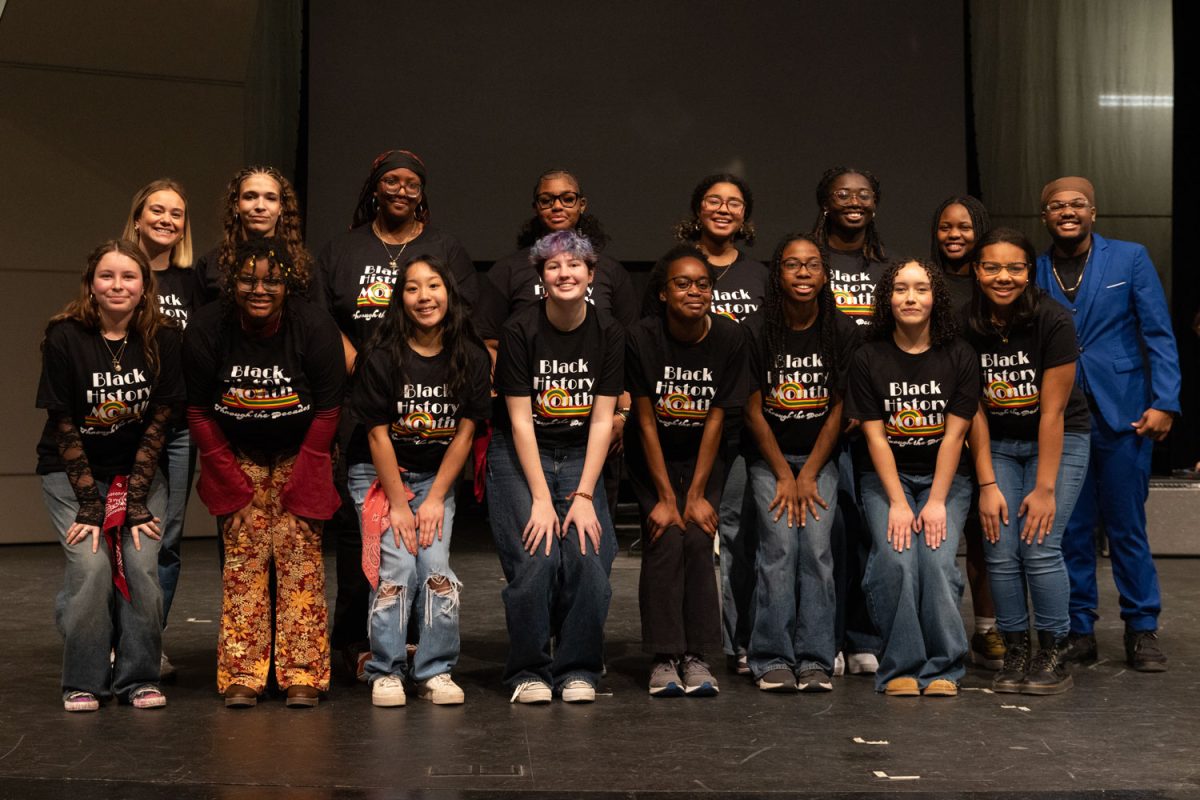



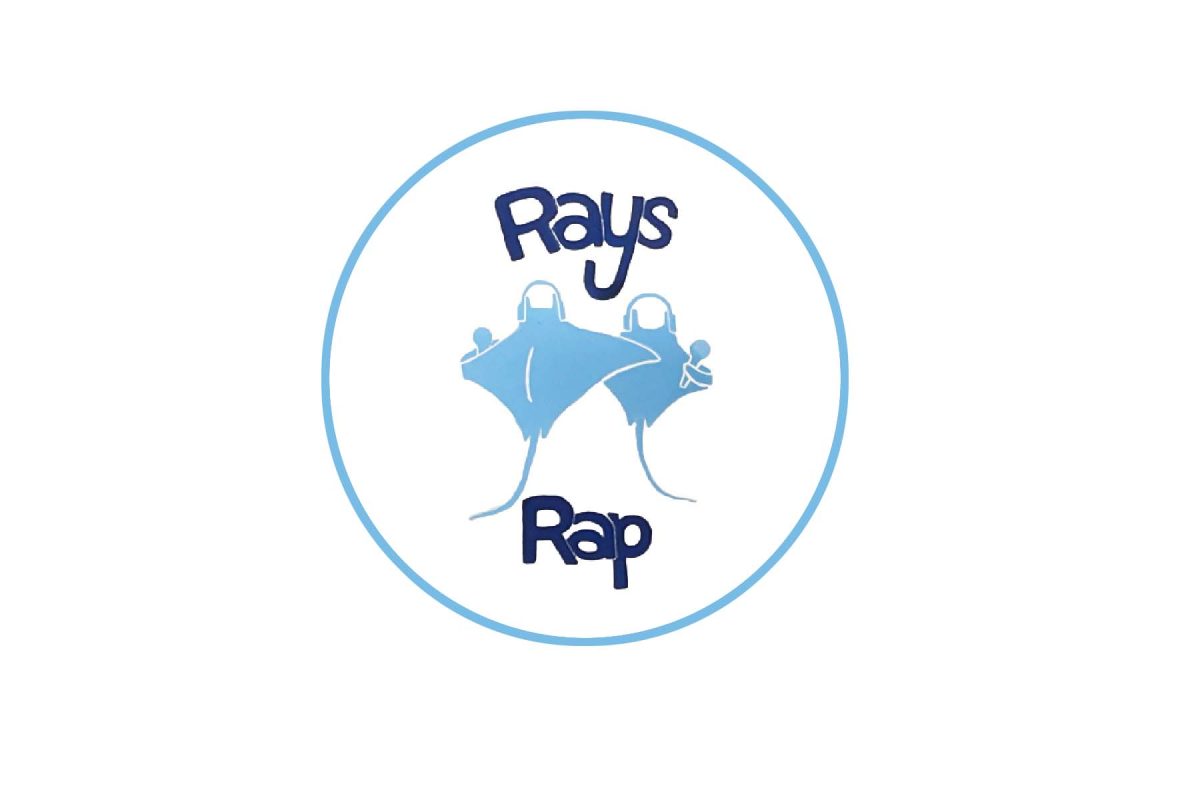

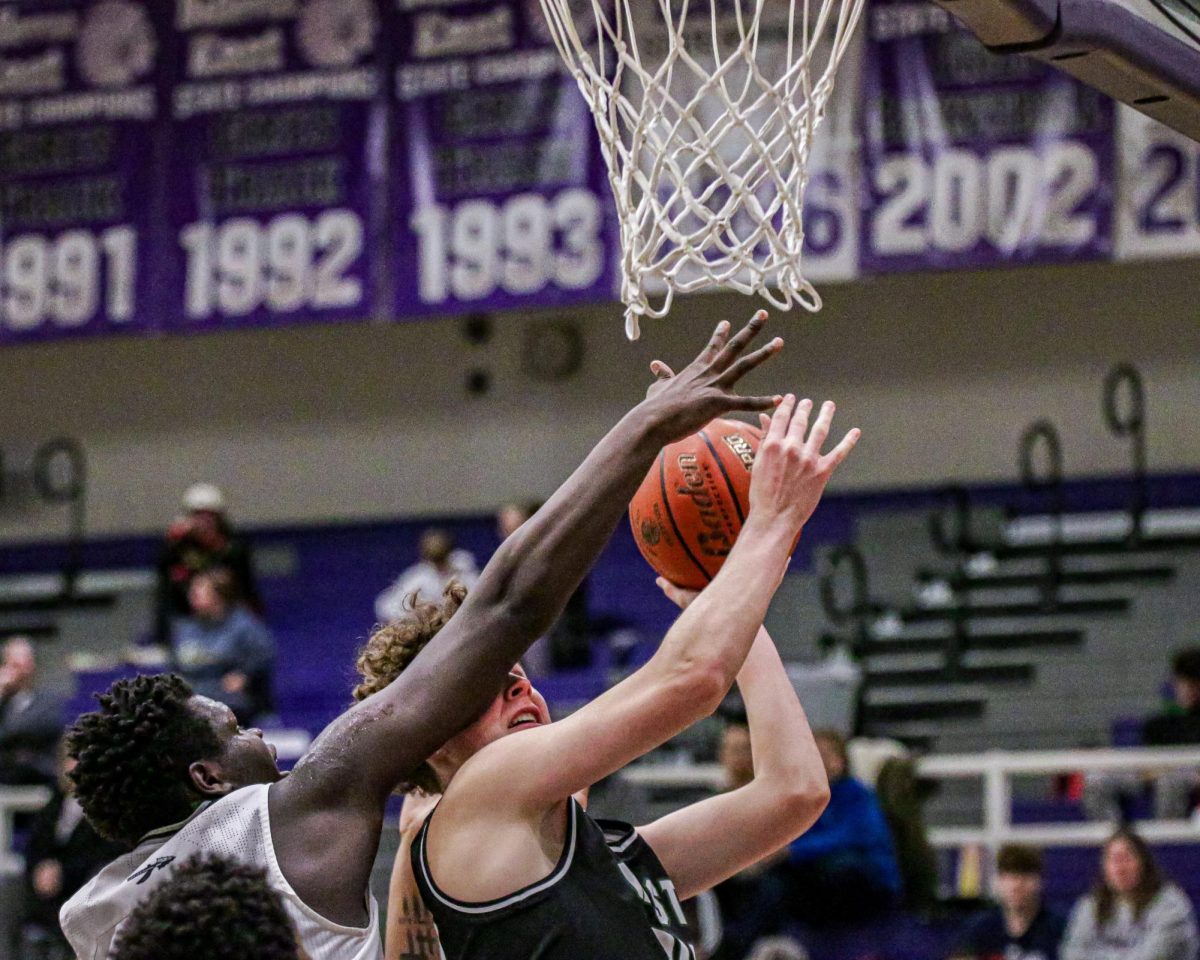
![NEW CHALLENGE, NEW TEAM MEMBERS: Every season, VEX creates a new game that robotics team members are faced with and have to build a robot to compete in. This year’s game forces students to create a robot that is able to stack rings onto mobile goals in order to score points. The change in games each season is something that robotics teacher Audrea Moyers appreciates.
“One of the things that I like about VEX is that they have a new problem to solve every year,” she said. ¨Even though the equipment’s the same, they have to analyze the game, and they have to come up with solutions that are unique that year. They are using their knowledge from prior years, but they have to kind of redesign a problem.”
As returning teams were faced a new game, some new teams and members had to adapt to a uncommon playing field and game.
“Three of our four teams were competing for the first time this year, and they had very different experiences match to match, so I think they learned a lot,¨ she said. ¨It’s hard just watching a video online to know how it’s actually going to be in person, so they all learned a lot about what gameplay is like, how to work with an alliance partner [and] how to adapt during the day to changes.”](https://bestofsno.com/wp-content/uploads/2024/12/IMG_9283-1-1200x800.jpg)

